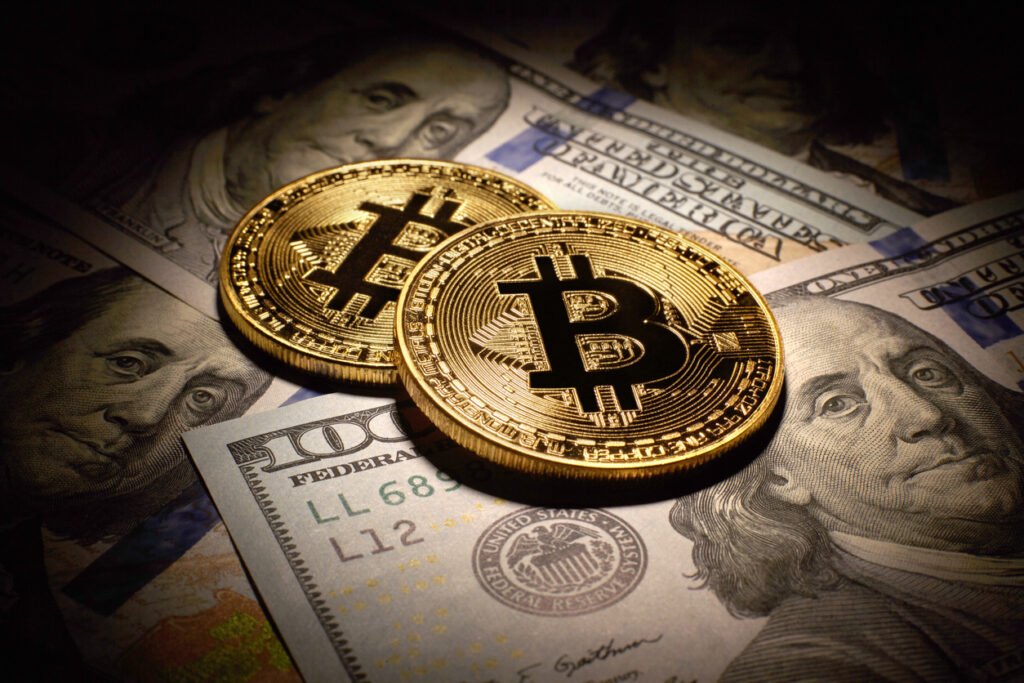The recent United States election in 2024 had a significant impact on the crypto space, particularly with the reelection of Donald Trump. This event helped revive Bitcoin and the overall crypto market, which had been relatively lackluster in the second and third quarters of the year. One of the key promises made by President-elect Trump was the establishment of a strategic Bitcoin reserve, sparking discussions about the potential implications for the US economy and the crypto landscape.
CryptoQuant CEO Ki Young Ju recently shared his thoughts on the importance of the US creating strategic Bitcoin reserves. Young Ju highlighted that over the past 15 years, Bitcoin has seen significant capital inflows totaling $790 billion, leading to a market cap of $2 trillion. By acquiring 1 million BTC by 2050 and designating it as a strategic asset, the US could potentially reduce its domestic debt by 36%. This approach, according to Young Ju, is practical and could be a viable solution for addressing a significant portion of the country’s debt.
While using BTC as a “pumpable asset” to offset dollar-denominated debt may face challenges with creditor acceptance, establishing a strategic Bitcoin reserve could be a crucial first step in legitimizing the cryptocurrency on a global scale. Young Ju compared the potential approach to how gold has been traditionally viewed as a valuable asset. However, there are risks associated with this strategy, such as old whales dumping their BTC in response to the government’s actions. Despite this risk, Young Ju believes that continuous accumulation of Bitcoin by governments could lead to a rise in its value over time, mitigating the likelihood of large-scale sell-offs.
Currently, the price of Bitcoin is hovering around the $97,000 mark, with a slight decline of 0.4% in the last 24 hours. Over the past seven days, BTC has seen a 3.6% decrease in price. These fluctuations in value reflect the ongoing volatility within the crypto market. As the conversation around strategic Bitcoin reserves continues to unfold, it will be interesting to see how governments and investors navigate the potential benefits and risks associated with this approach.
In conclusion, the establishment of strategic Bitcoin reserves in the United States has the potential to reshape the country’s economic landscape and influence the global perception of cryptocurrencies. With experts like Ki Young Ju advocating for this strategy, it will be crucial to monitor how governments and financial institutions respond to the idea of incorporating Bitcoin into their reserve assets. As the crypto market continues to evolve, the implementation of strategic Bitcoin reserves could be a crucial step towards mainstream adoption and integration of digital assets into traditional financial systems.
Overall, the discussions surrounding strategic Bitcoin reserves highlight the growing importance of cryptocurrencies in the modern financial world. With the potential to offset national debt and establish a new form of reserve asset, Bitcoin could play a significant role in shaping the future of global economics. As governments and institutions continue to explore the possibilities of incorporating cryptocurrencies into their financial strategies, the establishment of strategic Bitcoin reserves could pave the way for a more decentralized and diversified approach to economic stability.

